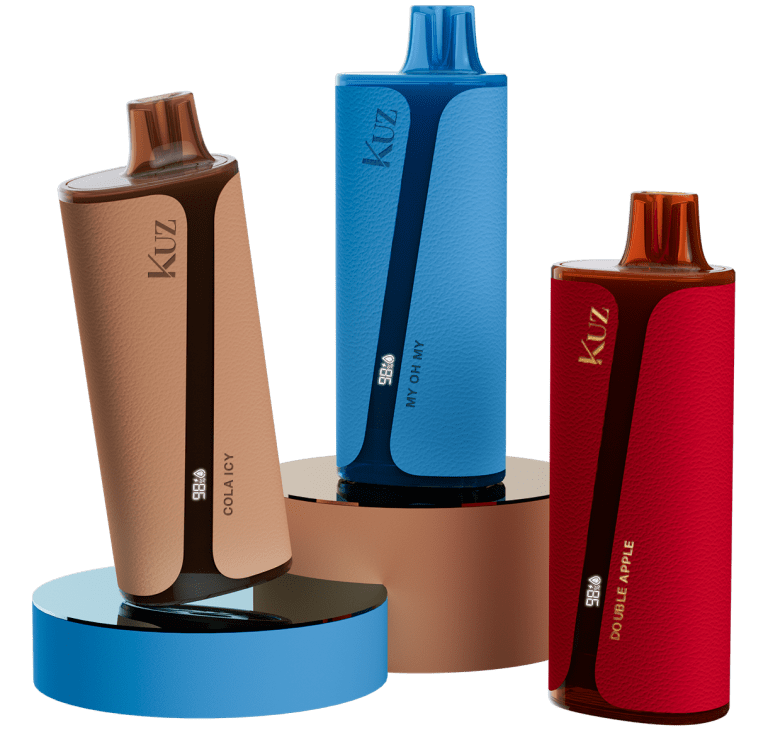The vaping industry has seen a significant surge in popularity over recent years, with disposable vapes becoming one of the most talked-about products. These sleek, ready-to-use devices have garnered attention for their convenience and simplicity. But with the growing concern over their cost, environmental impact, and long-term value, many vapers are left wondering: are disposable vapes truly worth it?
The Allure of Disposable Vapes
One of the main selling points of disposable vapes is their convenience. These devices come pre-filled and pre-charged, eliminating the need for any setup, maintenance, or even the hassle of carrying extra e-liquid or chargers. This plug-and-play functionality makes disposable vapes particularly appealing to beginners or those seeking a no-fuss vaping experience.
Additionally, disposable vapes are compact and portable, making them ideal for on-the-go use. Whether you’re traveling, attending events, or simply prefer a discreet vaping option, these devices are easy to slip into a pocket or bag, offering a convenient solution for quick nicotine hits.
Another major advantage is the variety of flavors and nicotine strengths available. From traditional tobacco and menthol to exotic fruit blends, there’s something for every palate. This wide selection not only caters to individual preferences but also makes the transition from smoking to vaping more enjoyable for many users.
The Cost Consideration
While disposable vapes may seem affordable at first glance, their cost can add up over time, especially for frequent users. Unlike refillable vape devices where you only need to purchase e-liquids and occasional coils, disposable vapes require a new purchase each time the device runs out. This can make them less economical in the long run, particularly for those who vape regularly.
Moreover, the limited battery life of disposable vapes can be a drawback for heavy users. These devices are designed to last until the e-liquid runs out, but once the battery is depleted, the entire unit must be discarded, regardless of how much e-liquid remains.
Environmental Impact
One of the most significant concerns surrounding disposable vapes is their environmental impact. These devices are typically made of plastic, metal, and lithium batteries, all of which contribute to electronic waste. With millions of disposable vapes discarded each week globally, the environmental footprint is substantial.
Many brands are beginning to offer recycling programs for disposable vapes, which is a step in the right direction. However, the lack of widespread infrastructure for proper disposal and recycling means that many of these devices still end up in landfills.
Limited Customization and Flexibility
For those who enjoy tailoring their vaping experience, disposable vapes may fall short. These devices come with fixed nicotine levels and flavors, offering little to no room for customization. Vapers who prefer to control their nicotine intake or experiment with different e-liquid flavors might find disposable vapes limiting.
Additionally, the simplicity that makes disposable vapes appealing to beginners can be a drawback for more experienced vapers who seek a more personalized and engaging vaping experience.
Conclusion: Are Disposable Vapes Worth It?
Ultimately, whether disposable vapes are worth it depends on your individual needs and priorities. If you value convenience, portability, and a wide range of flavors, disposable vapes might be a great fit for your lifestyle. They’re particularly beneficial for beginners or those who vape infrequently.
However, if you’re a regular vaper concerned about cost-effectiveness, environmental impact, and customization, you might find more value in exploring refillable vape options. These devices not only offer greater flexibility but also present a more sustainable and economical choice in the long term.
In the end, the decision comes down to weighing the pros and cons based on what matters most to you. Whether disposable or refillable, the key is to choose a vaping solution that aligns with your needs and preferences while considering the broader implications of your choice.



